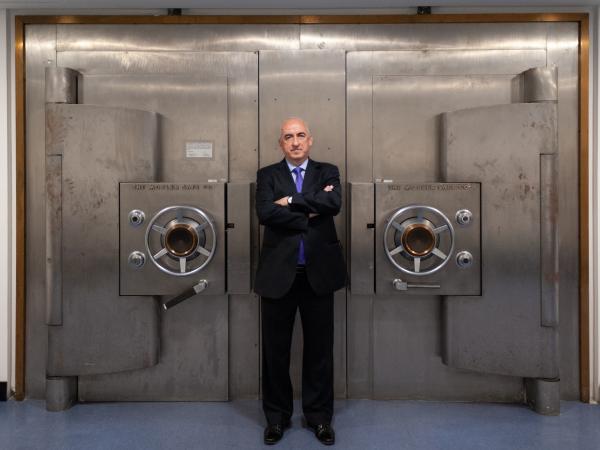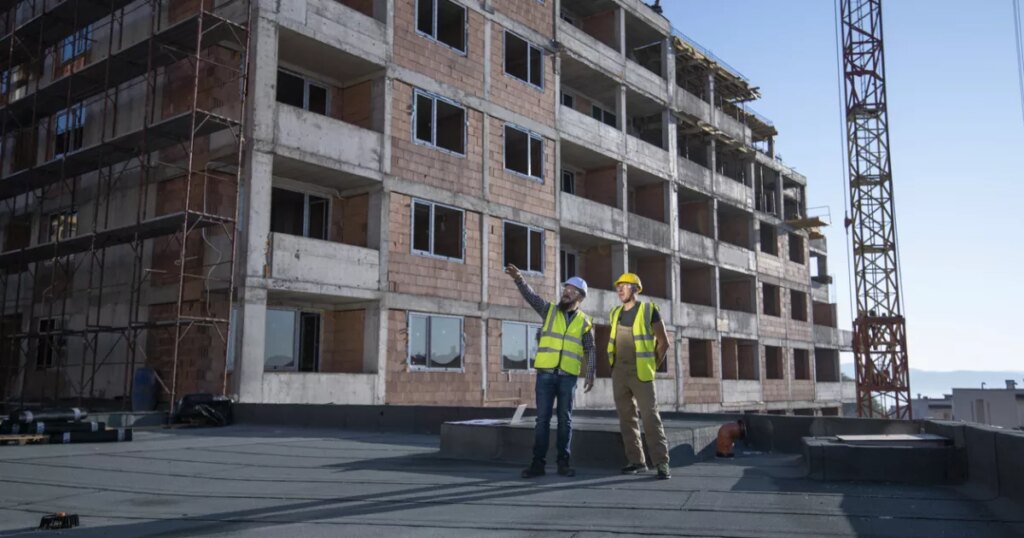The Immediate Payment System (SPI) that for four months has been promoting the Bank of the Republic, seeks to address the access problem facing the payment market and will achieve full industry interoperability.
(See: Banrep launches inflation forecasts for 2023 at the minimum table).
This was announced by the Issuer’s general manager, Leonardo Villar, who said that a public chamber will be created to “the connection of each and every one of the actors in the system and will also be interconnected with private networks that offer immediate payments”.
(See: Olga Lucía Acosta is appointed co-director of Banco de la República).
He said that the architecture incorporates three technological components: the clearinghouse for immediate electronic transfers, a centralized directory that houses different types of aliases that facilitate the user experience, and a real-time gross settlement model that will provide significant efficiencies in the performance of the entire ecosystem.
(See: Banco de la República asks to look at the financial burden of households).
This infrastructure will act as a digital public good, generating a market contestability to promote innovation and improvement in the provision of payment services.
Ana María Prieto, Director of Payment Systems of the Issuer, assured that the immediate payment chambers will have the model “centralized and 24/7 real-time gross settlement, providing efficiency and security for the entire ecosystem”.
(See: ‘Financial system would be resilient to adverse effects’: Banrep).
BRIEFCASE

















